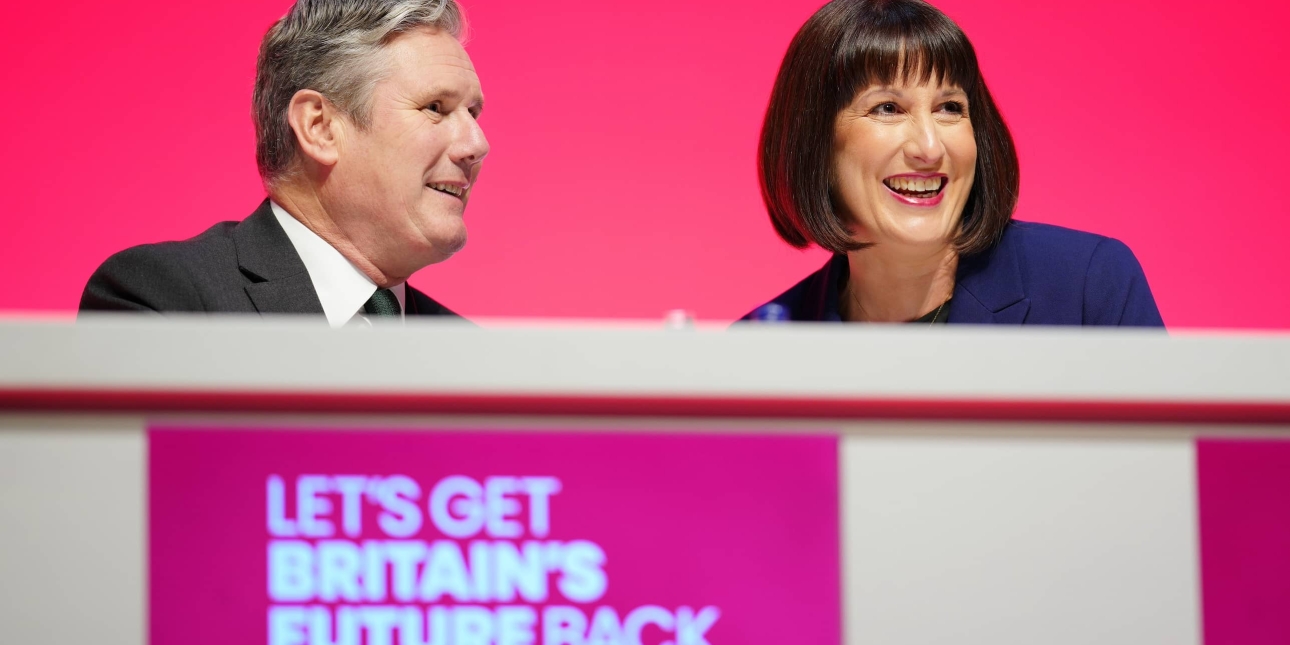Election 2024: Business endorsements matter but could matter more
Labour received a boost from business leaders this week but are companies and brands as trusted as they once were?
There is no such thing as a general election campaign without the obligatory endorsements of business leaders for one party or another. But the impact could be greater still if the business community recognised its own challenges.
The letter signed by over 120 business leaders supporting the Labour party and Keir Starmer was a very welcome boost to the party’s economic credibility. It is not that the Conservative party are short of support amongst the business community but such a public statement in support of Labour demonstrates that business takes them seriously.
Go back a few years to the Corbyn years and it would be an understand to say that the party’s relationship was business was tense and, at times, antagonist. There was also a perception, and reality, that the party’s leadership did not want to talk to business. The total opposite is true under Starmer, shadow chancellor Rachel Reeves and also the shadow business secretary, Jonathan Reynolds.
It was Reynolds who asked commissioner Iain Anderson to undertake a report on long-term plan for government business relations. The report contains some excellent recommendations which business would doubtless like to see implemented. Reynolds has built up good relationships with business and the party knows that without private sector generated growth that it will not have the finances to invest in its public sector priorities such as the NHS.
Trust in business
But the challenge remains that endorsements from business could be even more impactful if the level of trust in business was higher. Trust in business, if not some individual companies, is low. Everything from the VW emissions scandal through to greenwashing adverts, bank closures, social media companies not closing down abuse, Grenfell, the Horizon scandal, P&O Ferries, football clubs the list sadly goes on.
The actions of such businesses are often why governments feel obliged to intervene. The promise of a football regulator, more intervention in social media companies etc. Obviously, some businesses recognise the need to invest in their reputations and engage with a range of stakeholders to minimise any misunderstanding. They help to build and maintain trade and representative bodies. But they also take the time to reflect on their own failings and address them.
Local recommendations
As with other walks of life, when it comes to recommendations, we listen to those we know best. So much effective marketing is based on securing recommendations from friends and family. The same principle applies in politics as well. Local voters will listen to local businesses, those they have contact with. Those seeking election will try to gain the support of local businesses because the understand the value, and potential voters, that brings.
Business endorsements work at a national level but could be more effective if the level of public trust was business was higher. That would help to avoid some of the current scepticism.
Effectiveness is also though secured by being as local as possible. As is often quoted, ‘all politics is local’. That also applies to business voices as well. It is also a reminder that a constituency MP, or other local politicians, can be an effective voice for local businesses as well.
Both politicians and businesses need to recognise that they all have a role to play in delivering effective government.
Dr Stuart Thomson is a public affairs and communications consultant. Listen to Stuart's podcast, The Public Affairs in Practice.
.jpg&w=728&h=90&maxW=&maxH=&zc=1)
